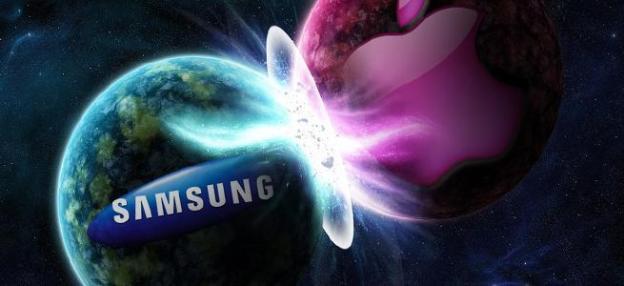 Apple may have won big at its patent infringement trial with Samsung back in August 2012, but it wanted to win even bigger by tripling the awarded damages of $1.05 billion.
Apple may have won big at its patent infringement trial with Samsung back in August 2012, but it wanted to win even bigger by tripling the awarded damages of $1.05 billion.
However, in a California court ruling handed down Tuesday, US District Judge Lucy Koh overturned the jury’s finding in the August trial that Samsung had willfully infringed a number of Apple patents, effectively ending the Cupertino company’s hopes of squeezing even more cash out of the Korean tech giant. It’s important to underline that fact that while Koh has ruled that Samsung’s patent violation wasn’t willful, the jury’s verdict that Samsung infringed various software and design patents belonging to Apple still stands.
The infringements concern a number of Samsung’s mobile devices, whose designs Apple claimed copied elements of its iPhone and iPad devices.
Despite claims from both sides that the jury had not satisfactorily considered the huge amount of evidence put before it in the August trial, Judge Koh ruled that overall she was happy with the way the trial had proceeded and rejected calls for a retrial.
“Accordingly, the trial was fairly conducted, with uniform time limits and rules of evidence applied to both sides,” Koh said in her ruling. “A new trial would be contrary to the interests of justice.”
In developments last month, Judge Koh denied Apple’s call for a permanent sales ban on 26 Samsung devices and also rejected Samsung’s request for a new trial because of alleged jury misconduct.
Patent specialist Florian Mueller, who’s been following the long-running case closely, said on his website that the court still has to make a decision on the Korean company’s request for an adjustment of the amount it has to hand over to Apple following the jury’s decision last summer.
The US case is one of many similar battles taking place between the two tech titans in courtrooms around the world as each seeks to gain the upper hand in the cut-throat smartphone market. Recent data for the last three months of 2012 showed that Samsung currently reigns supreme, shipping 63 million devices for a 29 percent market share, while Apple secured a 22 percent share with 48 million iPhones shipped.
[Source: AP]


